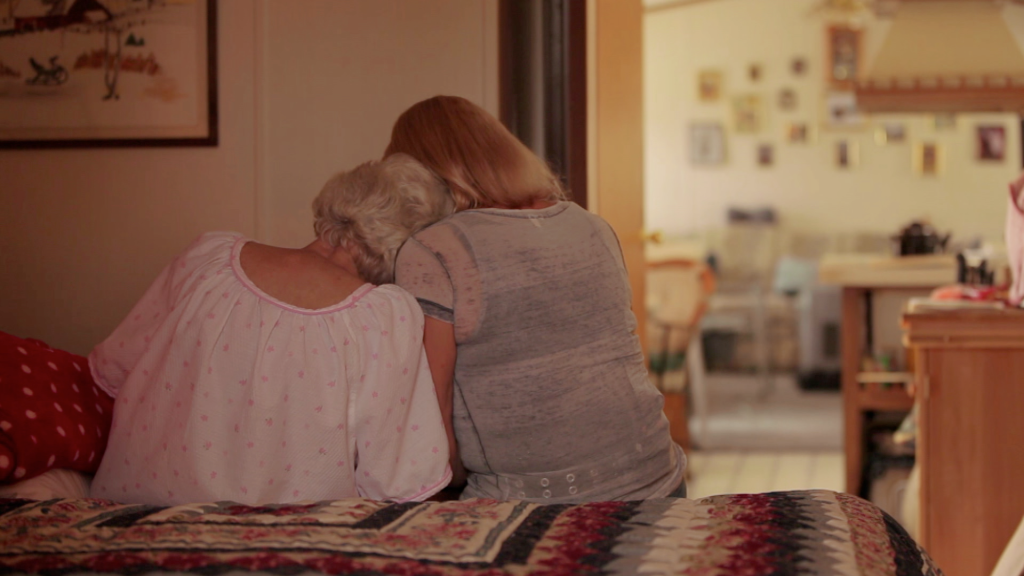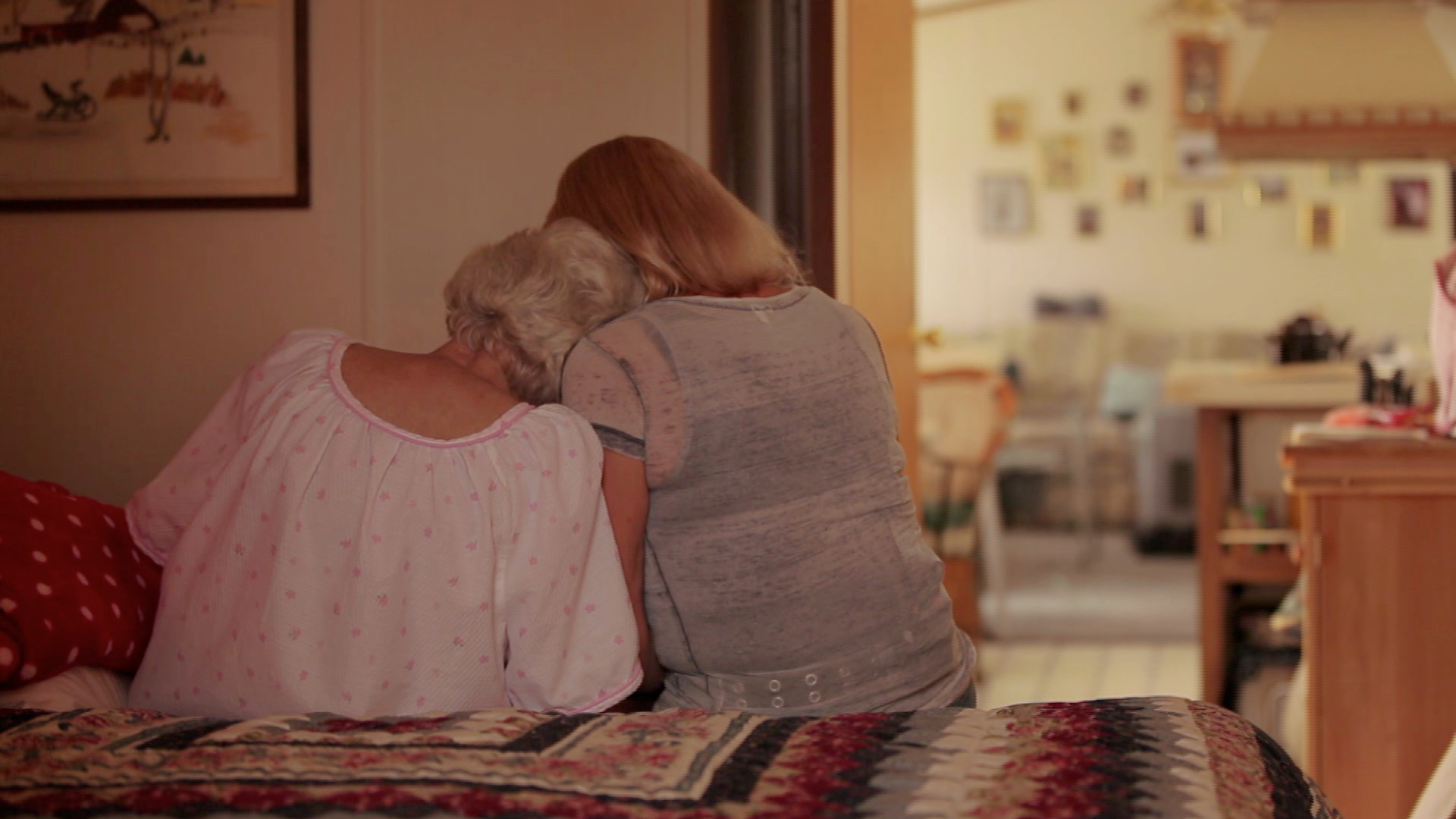Vermont to Legalize Assisted Suicide

May 15, 2013
Share
Vermont lawmakers have approved a bill that would allow doctors to prescribe lethal medication to terminally ill patients, making it the third state in the nation to legalize physician-assisted suicide.
The measure, which passed Vermont’s House by a vote of 75-65 on Monday, will now head to the desk of Gov. Peter Shumlin, a first-term Democrat who has said he will sign it. The state senate passed the bill last week by a vote of 17-13.
The bill’s passage marks a milestone in the long-running debate over physician-assisted suicide — the first time the practice has been legalized through a legislative vote. Oregon approved an assisted suicide law through ballot initiative in 1994, and Washington followed suit in 2008. A similar ballot initiative failed in Massachusetts last November.
“This historic legislative victory proves that the aid-in-dying issue is no longer the third rail of politics,” Barbara Coombs Lee, president of the aid-in-dying group Compassion & Choices, said in statement. “In fact, it’s a winning issue on which Gov. Shumlin campaigned.”
The Vermont legislation will initially mirror the Oregon’s physician-assisted suicide law, with multiple protections included in the bill designed to safeguard patients from coercion.
Under the bill:
- Patients must be at least 18, a Vermont resident and terminally ill with fewer than six months to live.
- Two physicians are required to make that determination, and there must be a 15-day waiting period between a patient’s first request for lethal medication and the second.
- A patient must make a written request for lethal drugs, as well as an oral one in the presence of the prescribing physician.
- Physicians, nurses and pharmacists are not obligated to assist.
- Patients must also be physically capable of self-administering the drugs, and informed of all available end-of-life services, including palliative care and hospice.
Several of the Oregon-type protections will then sunset after three years, when the decision will become much more of a private decision between doctors and patients. In 2016, the law will shield physicians from any legal liability or from charges of professional misconduct. However, it will still require informed consent.
Despite the vote, it remains unclear to what extent other states will be prepared to address similar aid-in-dying legislation. While a December poll from NPR and Truven Health Analytics found that 55 percent of Americans favor physician-assisted suicide for the terminally ill, 41 states have passed laws making the act of assisting in a suicide a crime.

Related Documentaries
Latest Documentaries
Related Stories
Related Stories
Explore
Policies
Teacher Center
Funding for FRONTLINE is provided through the support of PBS viewers and by the Corporation for Public Broadcasting, with major support from Ford Foundation. Additional funding is provided the Abrams Foundation, Park Foundation, John D. and Catherine T. MacArthur Foundation, Heising-Simons Foundation, and the FRONTLINE Trust, with major support from Jon and Jo Ann Hagler on behalf of the Jon L. Hagler Foundation, and additional support from Koo and Patricia Yuen. FRONTLINE is a registered trademark of WGBH Educational Foundation. Web Site Copyright ©1995-2025 WGBH Educational Foundation. PBS is a 501(c)(3) not-for-profit organization.





















